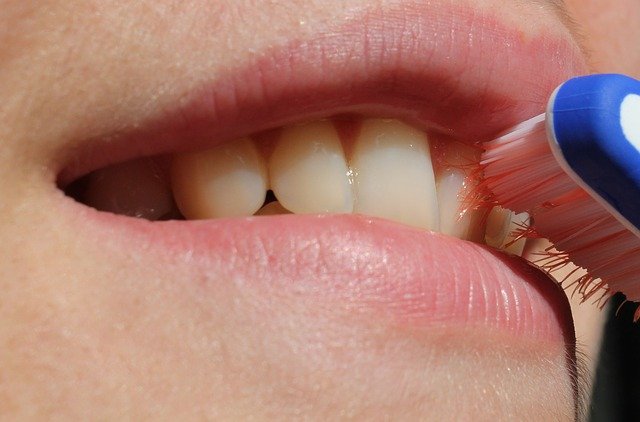
In a recent study, researchers from University College London found that treating periodontitis (gum disease) could help people with Type 2 diabetes manage their blood glucose levels.
It also showed that treating oral health is linked to improvements in kidney and blood vessel function.
This is the first long-term, randomized study to show a substantial benefit of treating gum disease on diabetes control.
The study included over 250 patients with poorly-controlled diabetes and gum disease.
After 12 months, those who have received the more intensive gum therapy had reduced their blood glucose level by on average 0.6%.
The participants also showed reduced chronic inflammation—which could lower their risk of serious diabetes-related complications, such as heart disease, stroke, and kidney disease.
Researchers suggest that gum disease is closely linked to diabetes.
It is well known that it can lead to a higher blood glucose level as well as chronic inflammation around the body.
These inflammations could promote the development of kidney and vessel damage if sustained for long periods of time.
Lowering blood glucose level by 0.6% is the equivalent of prescribing a patient an additional, second blood sugar lowering drug.
The researchers suggest that the inclusion of dental and gum assessments for people with diabetes as standard practice.
They also suggest that inflammation may be part of the biological pathways that lead to several health conditions including diabetes, heart disease, dementia, and cancer.
For example, one recent study from the University at Buffalo found that women who have a history of gum disease also have a higher risk of cancer.
The study included 65,869 postmenopausal women enrolled in the Women’s Health Initiative.
The Initiative is an ongoing national prospective study designed to investigate factors affecting disease and death risk in older American women.
The study found that women who reported a history of gum disease had a 14 percent increased risk of overall cancer.
The risk associated with periodontal disease was highest for esophageal cancer. Gallbladder cancer risk also was high in women who reported a history of gum disease.
The current study shows that the reduction in periodontitis, which is a common cause of inflammation, improves vascular, renal, as well as blood glucose control, in people with Type 2 diabetes, are exciting and could lead to new strategies to improve care.
The study helpfully builds on what people already know about the importance of patients with diabetes receiving vital gum assessments.
It allows people to improve the overall health and quality of everyday life for these patients.
The researchers now are closely working with NHS authorities to increase awareness of the link between gum disease and diabetes amongst diabetes professionals.
They suggest that dental and gum assessments for people with diabetes should be included in the standard practice.
The lead researcher is Professor Francesco D’Aituo (UCL Eastman Dental Institute).
The research is published in the Lancet Diabetes and Endocrinology journal. It is funded by Diabetes UK and the NIHR Biomedical Research Centre.
Copyright © 2018 Knowridge Science Report. All rights reserved.
Source: Lancet Diabetes and Endocrinology.



